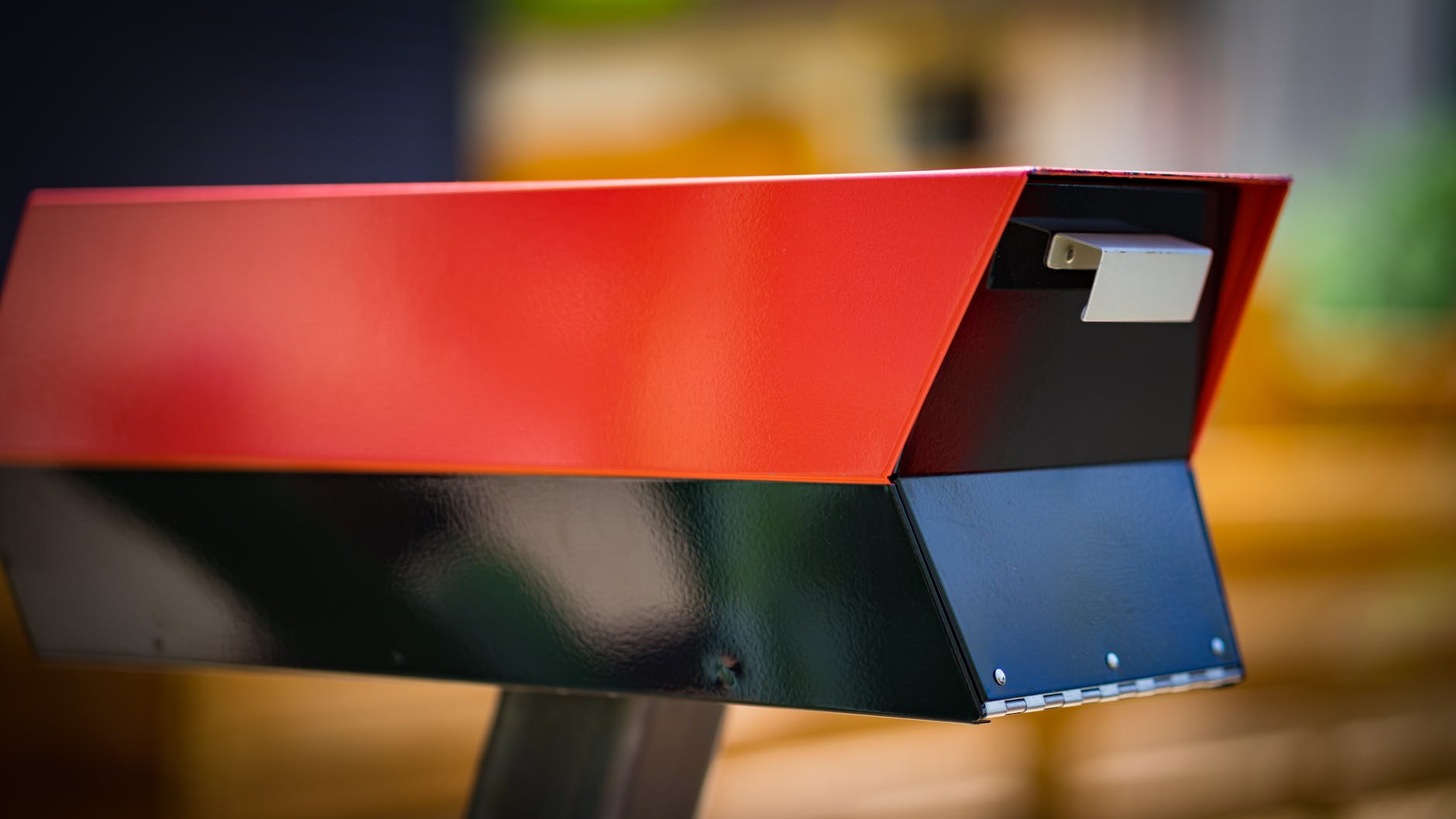A tax bill scheduled for a vote on Friday is causing anxiety among crafters and cartoonists. The new legislation – which is supported by many states – would call for sales tax to be charged on all online sales based on the purchasers home state.
This move has long been favored by individual states, but in 1992, the Supreme Court ruled in Quill Corp. v. North Dakota that businesses without physical presence in a state could not be coerced to charge that state’s taxes on its customers, citing federal jurisdiction over inter-state commerce. This decision ultimately formed the foundation for the US digital economy that has blossomed over the decades since, generally allowing small businesses and digital marketplaces (read: comics creators/digital artists) to sell their products to consumers tax-free.
Now though, that decision is being challenged in multiple parts of the federal government. As congress prepares to vote on an omnibus spending bill this week, it seems that both Democratic and Republican representatives have been pushing to include a clause in the bill that would “allow states to require out of state online retailers to collect their sales taxes.” Etsy recently emailed its sellers to ask them to oppose the bill, which triggered an immediate response from the creative community.
FYI everyone who sells on the internet….didn’t even know this was being considered until this Etsy email today. pic.twitter.com/J87Ex8PSCa
— Nicole Gustafsson 🍂 (@nimasprout) March 14, 2018
that’s insane lol. how are small one-person operations supposed to keep track of that many jurisdictions? ugh.
— ✨ Jay Bendt ✨ (@jaybendt) March 14, 2018
This will utterly destroy my small business and I’m kinda freaking out. https://t.co/3nCgJcKWSP
— 🚚🏗nat🚎🚁 (@natAndrewson) March 15, 2018
The bill likely to be folded into the omnibus budget legislation is “Remote Transactions Parity Act (RTPA), HR 2193.” It has already found opposition in the form of coalitions and a number of conservative senators such as Ted Cruz.
Some larger e-tailers – including Amazon – have long charged sales tax even without a physical store. This bill would extend that practice to many more online sellers.
Separately, though not coincidentally, the Supreme Court is preparing to hear South Dakota v. Wayfair, Inc., a case that challenges the legality of a state law that– you guessed it–requires online retailers who meet a standard of sales or transactions to collect state taxes from customers in that state. South Dakota hopes that a decision in their favor will overturn the Quill decision, thus allowing their law and others states’ online sales tax laws to stand on the books.
Indeed, per this in-depth analysis by the Tax Foundation, even though Quill technically prevents states from collecting online sales taxes from retailers who don’t have a physical presence in the state, a huge number of states already have or are preparing different kinds of laws to try and coerce retailers into collecting sales taxes. Whether or not they are or will prove to be effective is a different story, as having these laws on the books is one thing– stretching or finding the budget to expand state resources to actually enforce this kind of legislation is another.
So will this bill hurt content creators in the comics community? It’s honestly hard to say. Get ready for armchair analysis (please, please, please do not take this as tax advice): In the abstract, it’s definitely not good, as higher prices (via sales tax collection) likely mean a smaller consumer base. This will definitely hurt companies like Etsy that provide a marketplace to small businesses around the country, as their net profits will most definitely exceed the various state minimums that would require them to register as tax entities in any state that chooses to pursue them. But on an individual creator-to-creator basis, whether this legislation effects you directly rather than just the platforms you use probably depends on the amount of money you actually make from online sales.
But the general end result of this bill, should it be allowed to pass, will be chaotic. As different states have and will continue to set different sales minimums that qualify sellers for taxation and different states will find varying amounts of ability to enforce tax collection, digital retailers and creators are going to find themselves facing a huge mess of tax codes– all of which differ wildly from one another.
For small sellers who use Etsy or Gumroad or other selling platforms, this could become just another part of doing business. For others, it could be just another layer of regulations that dissaudes them from even entering the platform.







While I certainly feel bad for small business owners who are being thrown into the upcoming chaos, I don’t feel bad for them being forced to collect sales tax. The fact that I can buy an item anywhere online and not pay sales tax: A) deprives my local community of tax revenue to fund local needs, B) advantages out of state business and deprives my state of local jobs, and C) deprives the seller’s community of uncollected sales tax that a physical business would have collected for the same sale.
I feel sorry for true mom-and-pop online stores that sell directly through their own websites, but certainly sales portals like Etsy will be setting up automation for this, although perhaps at extra expense for their sellers.
Actually, Nick, it’s likely not the out-of-state sellers who are depriving your state of the tax when you buy from them, but you. Many states have “use tax” laws, where if the out-of-state vendor is not collecting sales taxes on items you buy, you are supposed to pay them yourself. That works, because you’re in their jurisdiction.
“That works, because you’re in their jurisdiction.”
It does’t work because nobody knows about it and it’s practically impossible to collect sales taxes from hundreds or thousands of buyers instead of one seller.
This is part of the coming correction of the Internet Age. Governments and businesses still need money and if online activity destroys traditional sources of revenue, where do you think the tax collectors are going to turn?
Mike
Nat Gertler. I do, to the best of my ability, pay my internet sales taxes to my state each year. It can be difficult to figure out what I purchased throughout the year, so I only end up with a rough estimate on the end. The problem is it becomes a one time tax burden instead of spread throughout the year and done for me. And my check to the state doesn’t make it back to the local county that is deprived of its share. Like I said, I feel bad that any small business owner will feel more pressure if rules change, but the very existence of internet sales is thanks in large part to tax evasion.
Comments are closed.